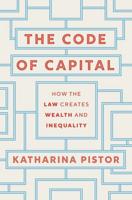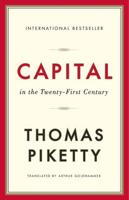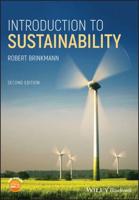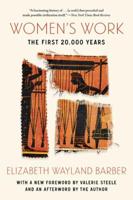Publisher's Synopsis
With the collapse of the Soviet Union the United States has become the only superpower in a radically altered international security environment. The containment of the Soviet Union which dominated American security policy in the post war period is no longer appropriate but a new strategy has yet to achieve a consensus in the American debate. - - This book analyses and evaluates the efforts of successive policy makers in the Post Cold War period to shape that new strategy. It does this by looking at the factors, both domestic and global, which have influenced the future direction of American security policy in several key areas. Divided into five chapters the book firstly sets out the general parameters of the security debate which includes a discussion of Bush?s New World Order ideas and Clinton?s mutilateralism. It then analysis the transition in America?s military preparations from a global to a regionally based strategy at the operational level. The Base Force plan and the Bottom Up Review are also critically analysed and their alternatives examined. The threats posed by the proliferation of weapons of mass destruction and the response adopted by the US comprise another chapter. Finally, the book looks at the debate surrounding the circumstances in which America ought to use military force in pursuit of its foreign policy goals. Included within this volume are appendices containing key documents from the Post Cold War security policy debate and suggestions for further reading on each section. - - It is an invaluable guide to those interested in American foreign and defence policy after the Cold War at both undergraduate and postgraduate levels.










